If you're an electric vehicle (EV) owner, you've likely heard the term J1772 charger. But what exactly is it? The J1772 charger is the most common standard for charging electric and plug-in hybrid vehicles in North America. It's not a common acronym - let's dive into what makes this charging standard so widely used.
Understanding the J1772 Standard
The SAE J1772 is a standardized connector developed by the Society of Automotive Engineers (SAE) for electric vehicles. It has become the primary plug type in the U.S. for Level 1 and Level 2 charging. This standard ensures that most EVs can plug into and use the same type of charger, no matter the brand or make. So, whether you own a Nissan Leaf, Chevy Bolt, or a BMW i3, chances are, a J1772 charger will work for you.

In fact, most public charging stations in North America are equipped with J1772 plugs, making it the go-to charging standard for EV drivers.
How Does a J1772 Charger Work?
A J1772 charger has two main parts: the connector and the plug. The connector plugs into your car’s charging port, while the other end connects to the power source. Once connected, the charger communicates with your vehicle, ensuring the charging process starts and stops correctly.
J1772 chargers support two types of power levels:
-
Level 1 Charging (110V): This is the most basic type, often using a standard household outlet, providing a slow but steady charge.
-
Level 2 Charging (240V): Level 2 is much faster and is commonly found at public charging stations or in-home setups for quicker recharges.
Types of J1772 Chargers
Level 1 J1772 Charger
The Level 1 charger is what you might find included with your EV when you purchase it. It plugs into a standard 110V household outlet, and while it’s convenient, it charges at a slower rate—perfect if you’re charging overnight or aren’t driving long distances regularly.
Level 2 J1772 Charger
The Level 2 charger uses a 240V outlet (similar to a dryer or oven plug) and charges significantly faster than Level 1. These are often installed at home or found in public locations like shopping centers or parking garages, providing a much quicker turnaround time for fully charging your EV.
Compatibility with Other Charging Standards
One of the most significant benefits of the J1772 standard is its high degree of compatibility with other charging systems, making it a flexible option for most EV drivers.
Tesla Compatibility
Although Tesla vehicles have their own proprietary connector, they are fully compatible with J1772 chargers through the use of an adapter. Tesla includes a J1772-to-Tesla adapter with its vehicles, allowing Tesla owners to use J1772 chargers at home or at public charging stations. This adaptability opens up a vast network of non-Tesla charging stations, ensuring Tesla drivers aren’t limited in where they can recharge.

CCS (Combined Charging System)
The CCS connector, commonly used in Europe and increasingly adopted in the U.S., is another important standard in the EV market. While CCS is primarily designed for fast DC charging, vehicles equipped with this connector can often still use J1772 chargers for AC charging. Many modern vehicles, such as the Chevrolet Bolt and Ford Mustang Mach-E, come with dual charging capabilities that support both J1772 and CCS charging, giving drivers more options depending on where they are.
CHAdeMO
CHAdeMO is a DC fast-charging standard mostly used by Japanese automakers like Nissan and Mitsubishi. While it is a different system from J1772, many EV owners can still use J1772 chargers by utilizing CHAdeMO-to-J1772 adapters for AC charging purposes. Although CHAdeMO is more popular for fast charging, having the option to connect to a J1772 charger adds flexibility, particularly in areas where CHAdeMO fast chargers are less common.
Adapters and Interoperability
In the EV world, adapters play a crucial role in maintaining compatibility between various standards. As mentioned, Tesla drivers can use J1772-to-Tesla adapters, while J1772-compatible vehicles can use different adapters to connect to CCS or CHAdeMO charging stations. This cross-compatibility is key to making sure EV drivers don’t find themselves stranded without a compatible charging station.
Why is Compatibility Important?
Compatibility with different charging standards, including the J1772, ensures that drivers aren’t limited to specific charging stations or networks. As more people make the shift to electric vehicles, the ability to charge across various platforms is essential for convenience and accessibility. Public charging infrastructure, especially in regions with mixed vehicle brands, is designed to accommodate J1772 as a standard, making it one of the most widely used and versatile charging options available.
Having a car that works with J1772, either natively or through an adapter, means you’ll have access to a broad range of charging locations—from home installations to public charging networks—without worrying about whether the plug will fit. It also future-proofs your charging needs as networks expand and evolve, ensuring your EV remains compatible with new and existing stations.
Common Questions About J1772 Chargers
How long does it take to charge an EV with a J1772 charger?
The time it takes to charge an electric vehicle (EV) using a J1772 charger depends on the type of charger you are using. A Level 1 charger, which uses a standard 110V household outlet, typically delivers a charging rate of about 3 to 5 miles of range per hour.
This means that fully charging a typical EV with a 60 kWh battery can take anywhere from 8 to 12 hours. While this slower rate is ideal for overnight charging, it’s less practical for drivers who need to charge quickly or frequently. On the other hand, a Level 2 charger is significantly faster.
Using a 240V outlet, similar to what you would use for a large household appliance, a Level 2 charger can provide 20 to 30 miles of range per hour. This reduces the full charging time to approximately 4 to 6 hours, making it a more efficient option for daily charging needs, especially if you have long commutes or need to recharge multiple times throughout the week.
Can you use a J1772 charger at home?
Yes, many EV owners install J1772 chargers at home, particularly the faster Level 2 chargers. Installing a Level 2 J1772 charger means you can conveniently charge your vehicle in just a few hours, as opposed to the longer charging times of a Level 1 option. For those with shorter commutes or who drive less frequently, a Level 1 charger, which uses a standard household outlet, may suffice.
However, as EV use becomes more common and the need for faster, more frequent charging increases, many drivers find the convenience of a Level 2 setup worth the investment. Installing a Level 2 charger typically requires hiring a professional electrician to set up a 240V outlet, much like the ones used for dryers or ovens. This makes charging your EV at home not only convenient but also faster, ensuring you’re ready for the day with a fully charged vehicle every morning.
What are the costs associated with J1772 chargers?
The costs of using a J1772 charger can vary significantly depending on whether you are using a Level 1 or Level 2 system, and whether you are charging at home or at a public station. A Level 1 charger, which uses a standard 110V outlet, is virtually cost-free aside from the electricity you use.
This option is slow but does not require any extra equipment or installation, making it a simple and cost-effective way to charge your EV if you don’t drive long distances regularly. On the other hand, a Level 2 charger involves an initial investment. The charger itself typically costs between $300 and $800, with installation fees ranging from $500 to $1,200, depending on your home’s electrical setup.
Despite the upfront costs, many find the faster charging times and added convenience of home charging to be well worth the expense, especially if you drive your EV daily. Additionally, some utility companies and government programs offer rebates or incentives to help offset installation costs. Public charging stations using J1772 connectors usually charge by the kilowatt-hour or time spent, and prices can vary depending on the location, but they tend to be more expensive than charging at home.
Conclusion
The versatility, convenience and broad compatibility of the J1772 charger make it the gold standard for electric vehicle charging in North America. If you're considering purchasing an electric vehicle or already own one, purchasing a J1772 charger, especially a Level 2 charger for home use, can greatly enhance your driving experience by ensuring you always have a fast, reliable way to charge your car. Ready to upgrade your home charging equipment, a J1772 charger could be the perfect solution.
See also: J1772 vs CCS: What’s the Difference?

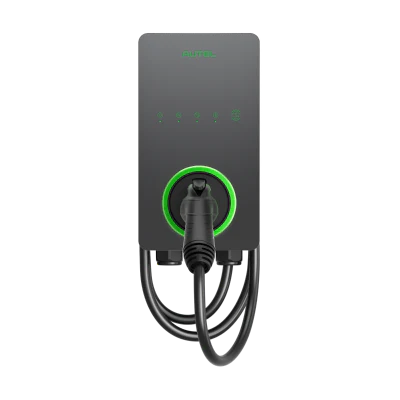
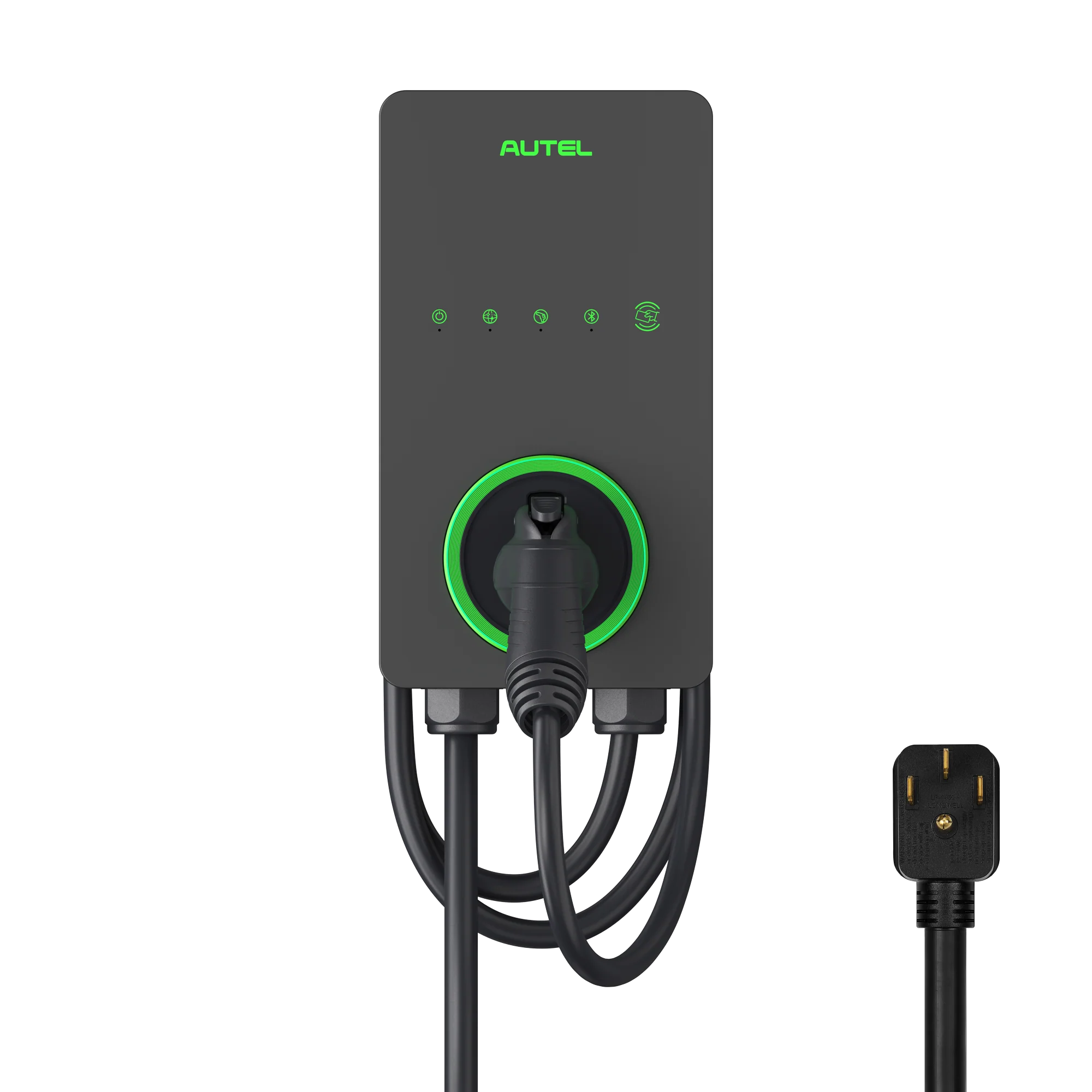
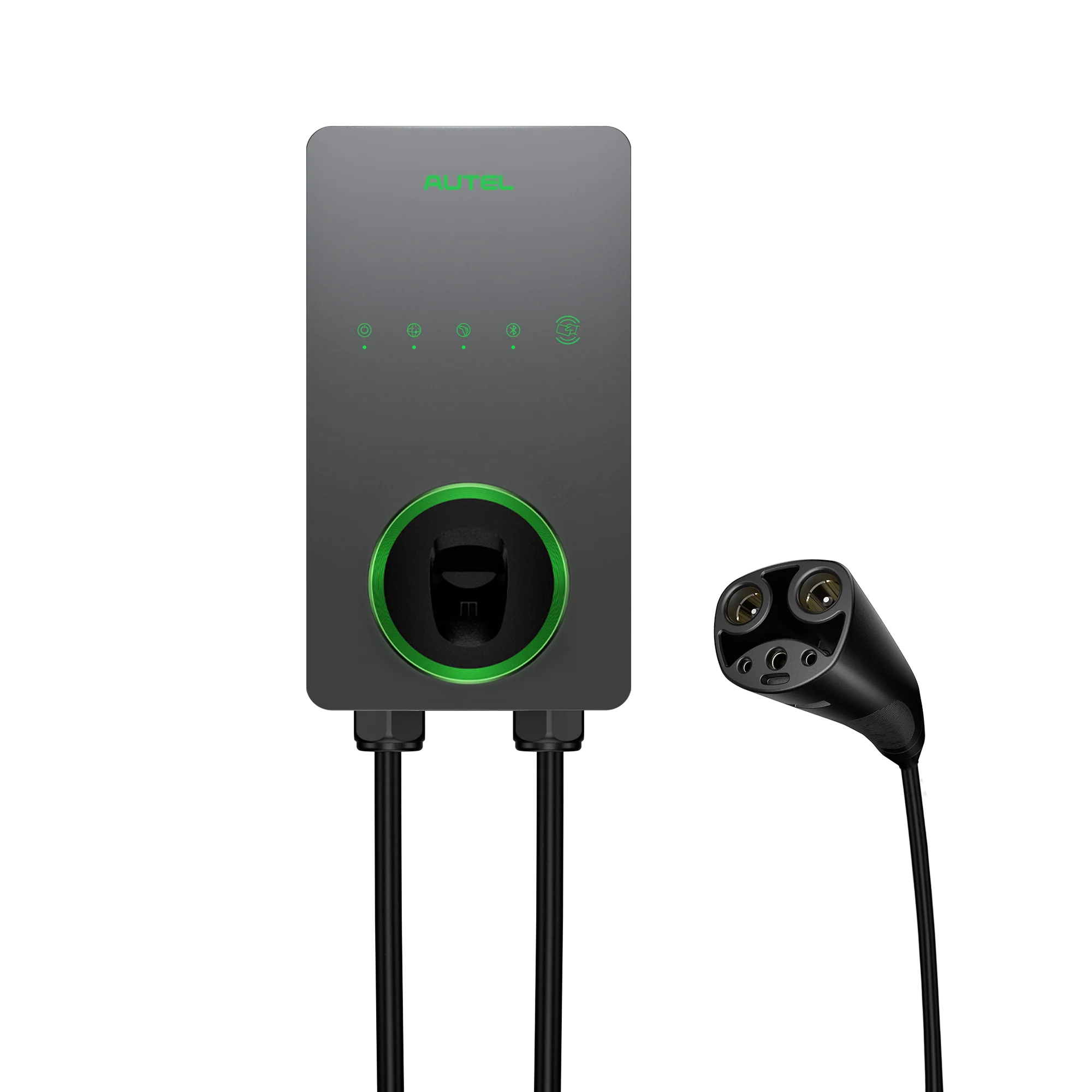
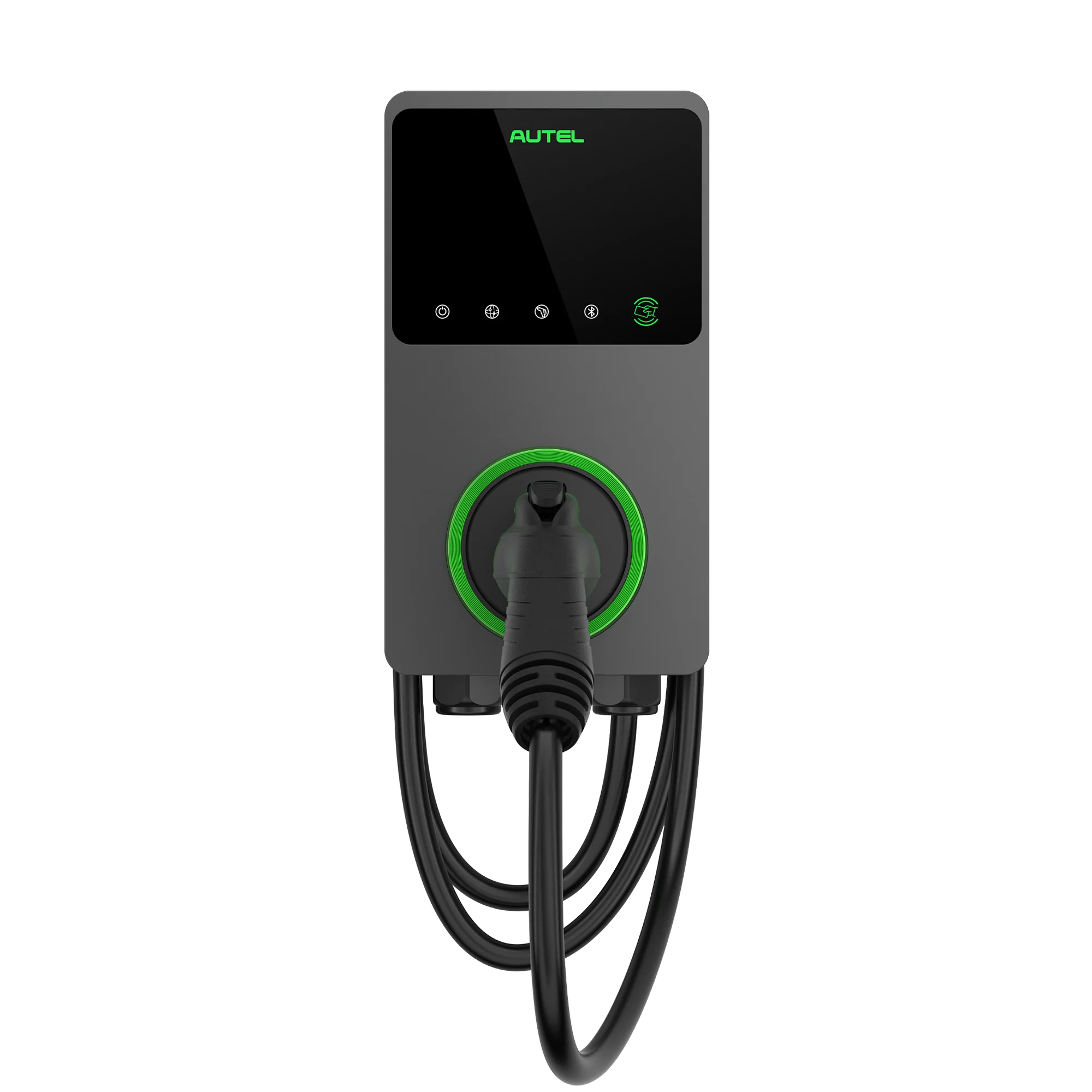
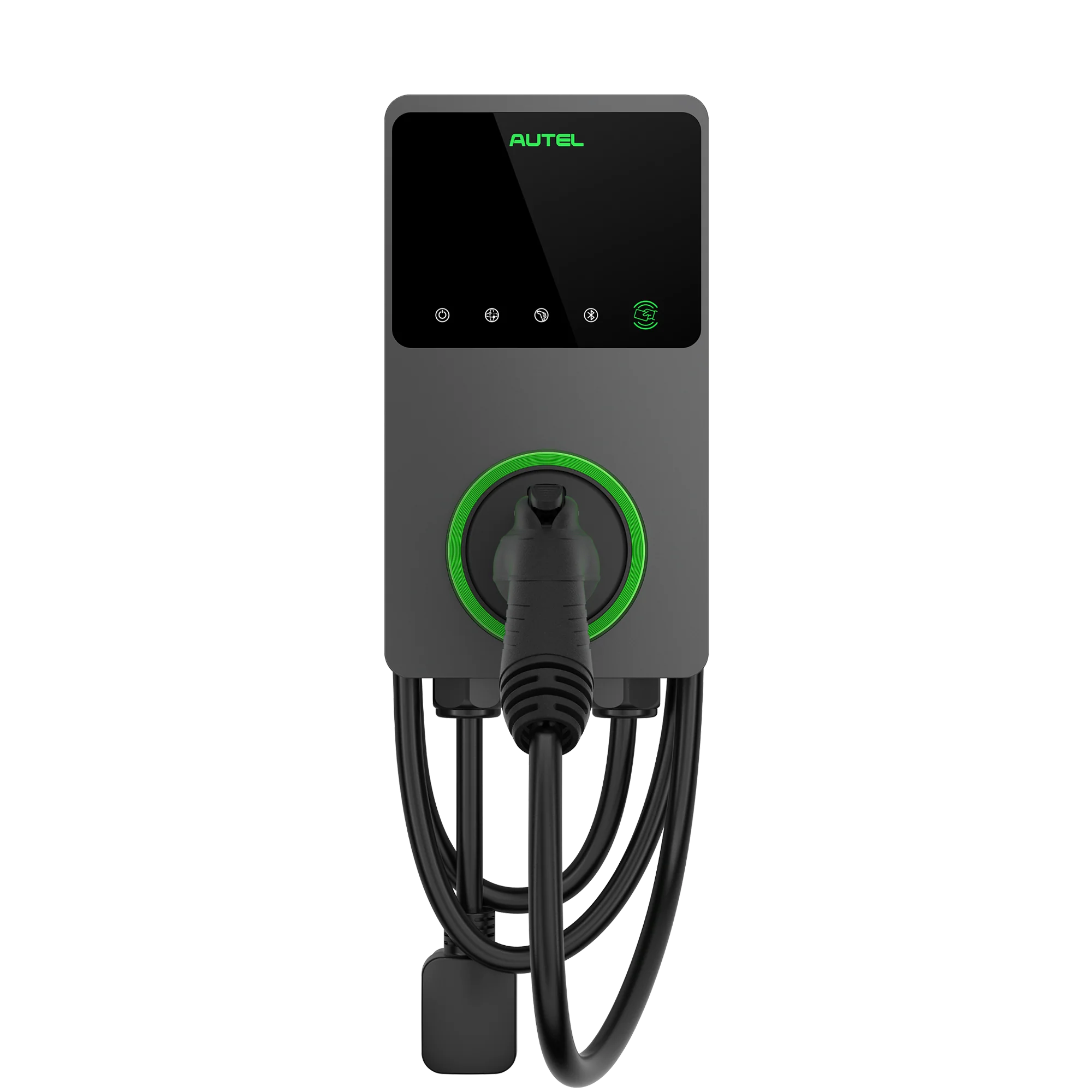
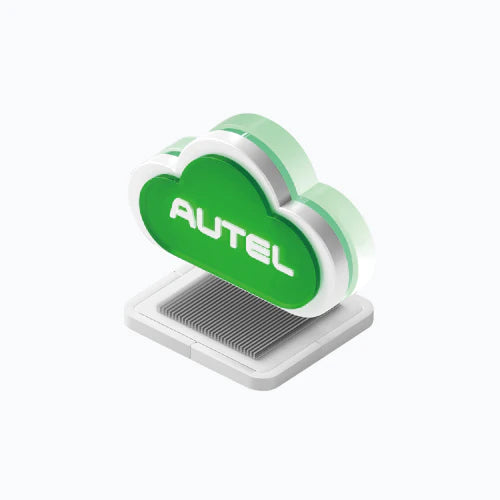
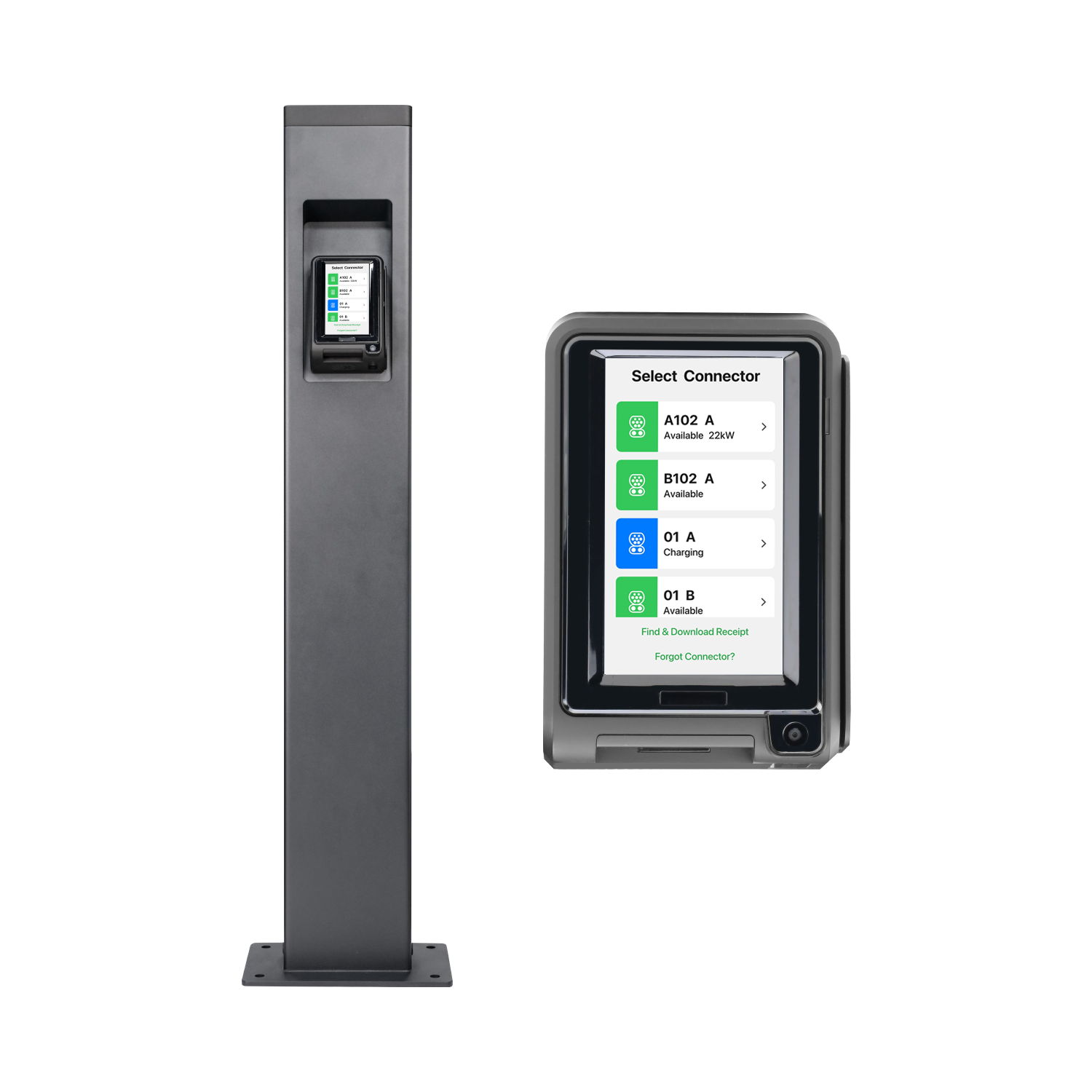
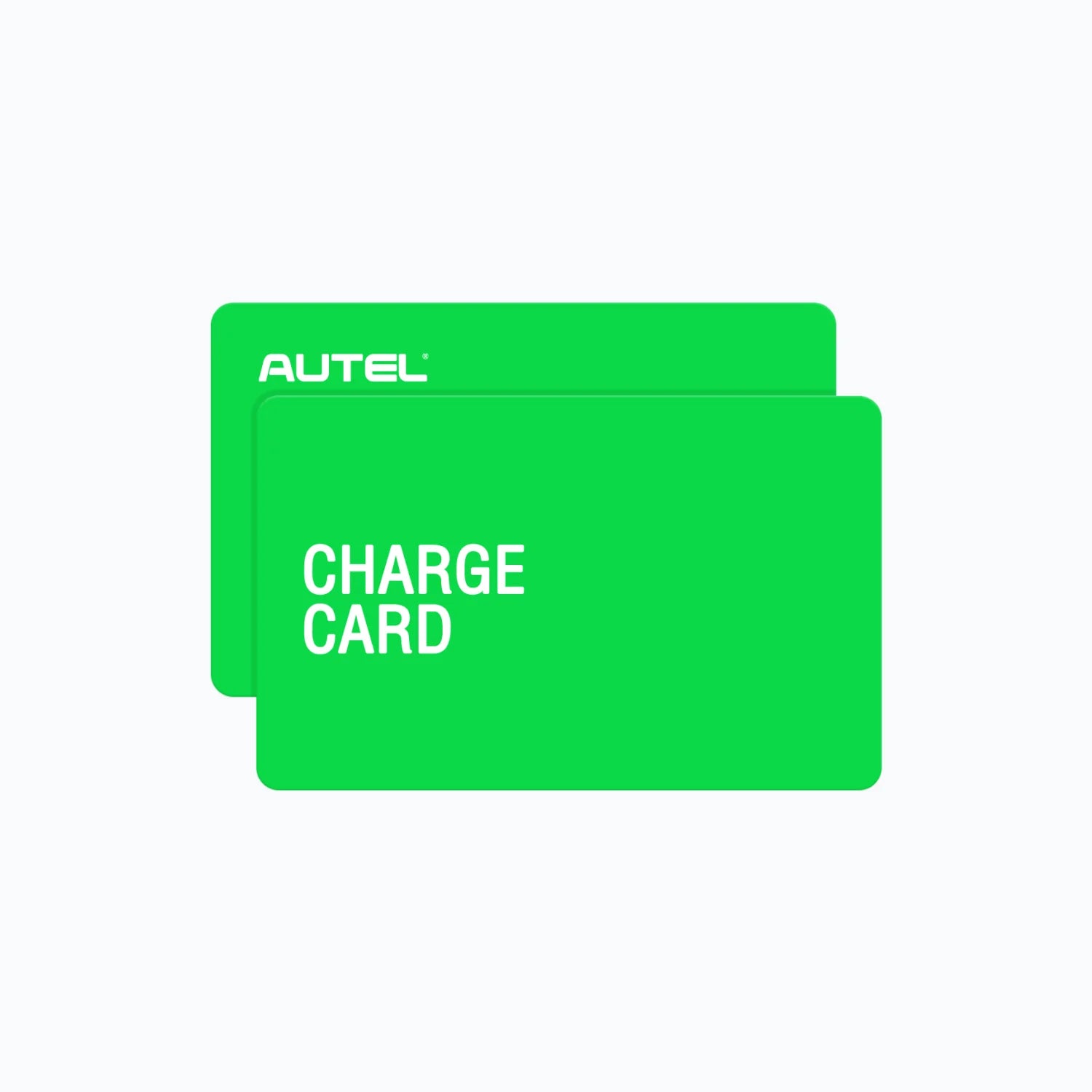
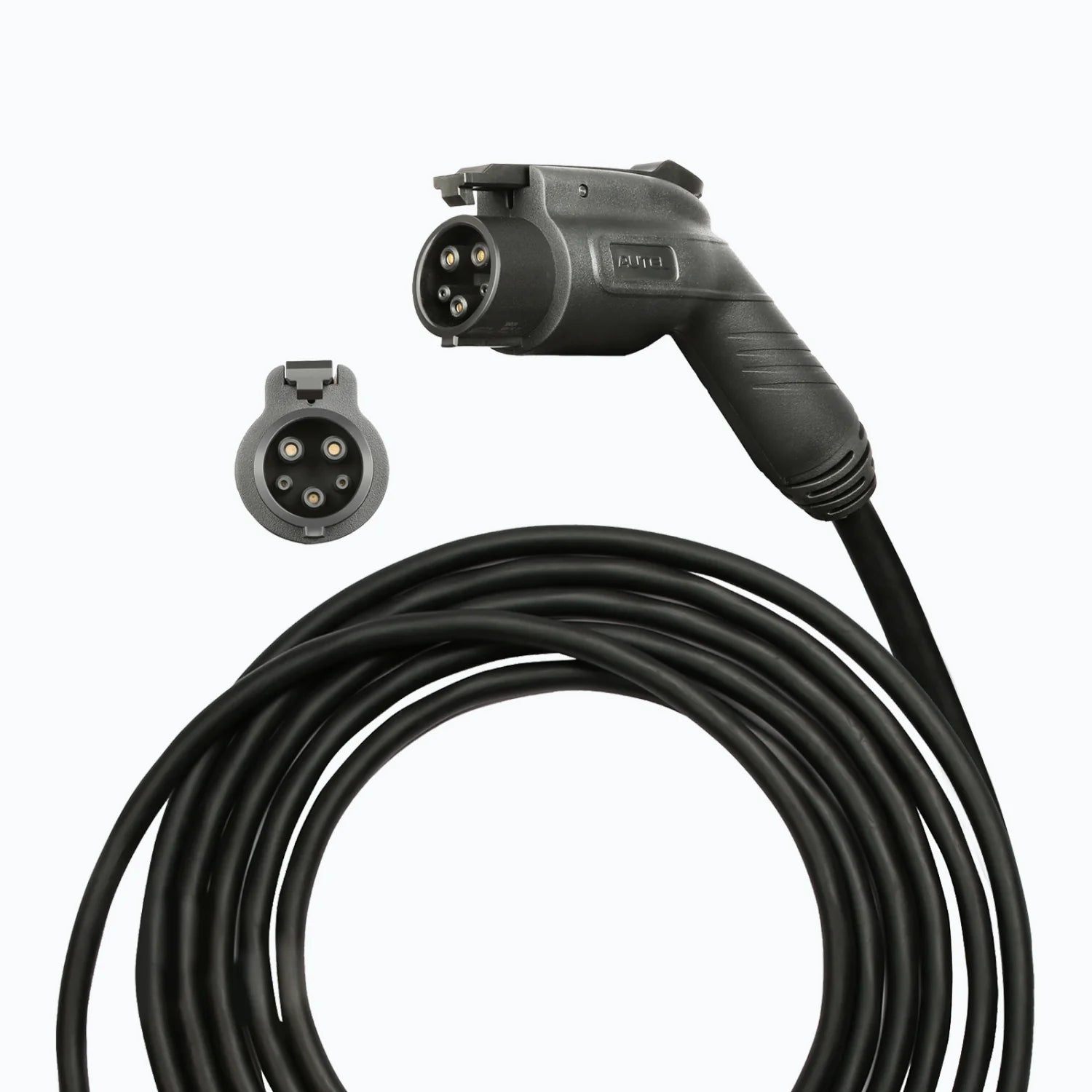
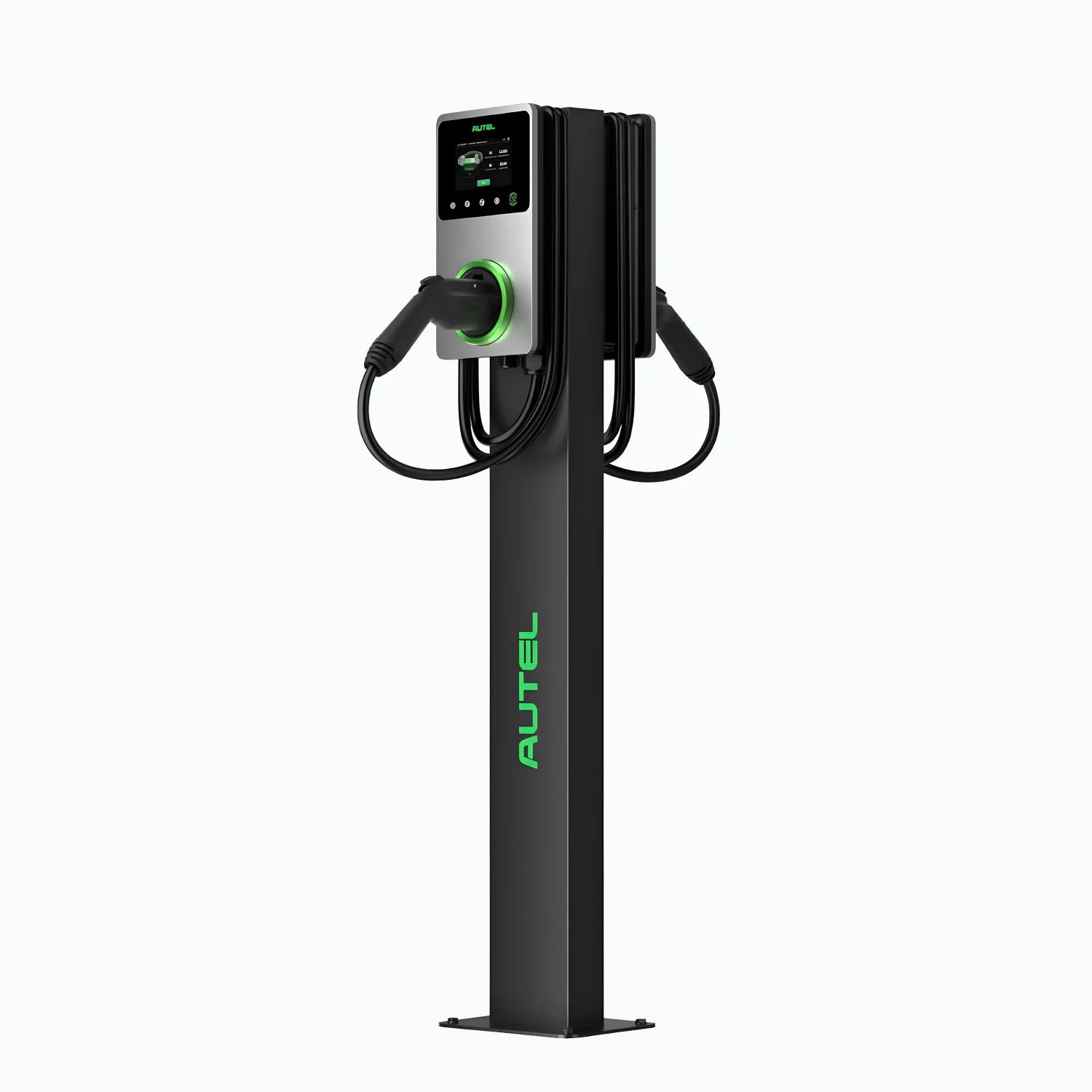
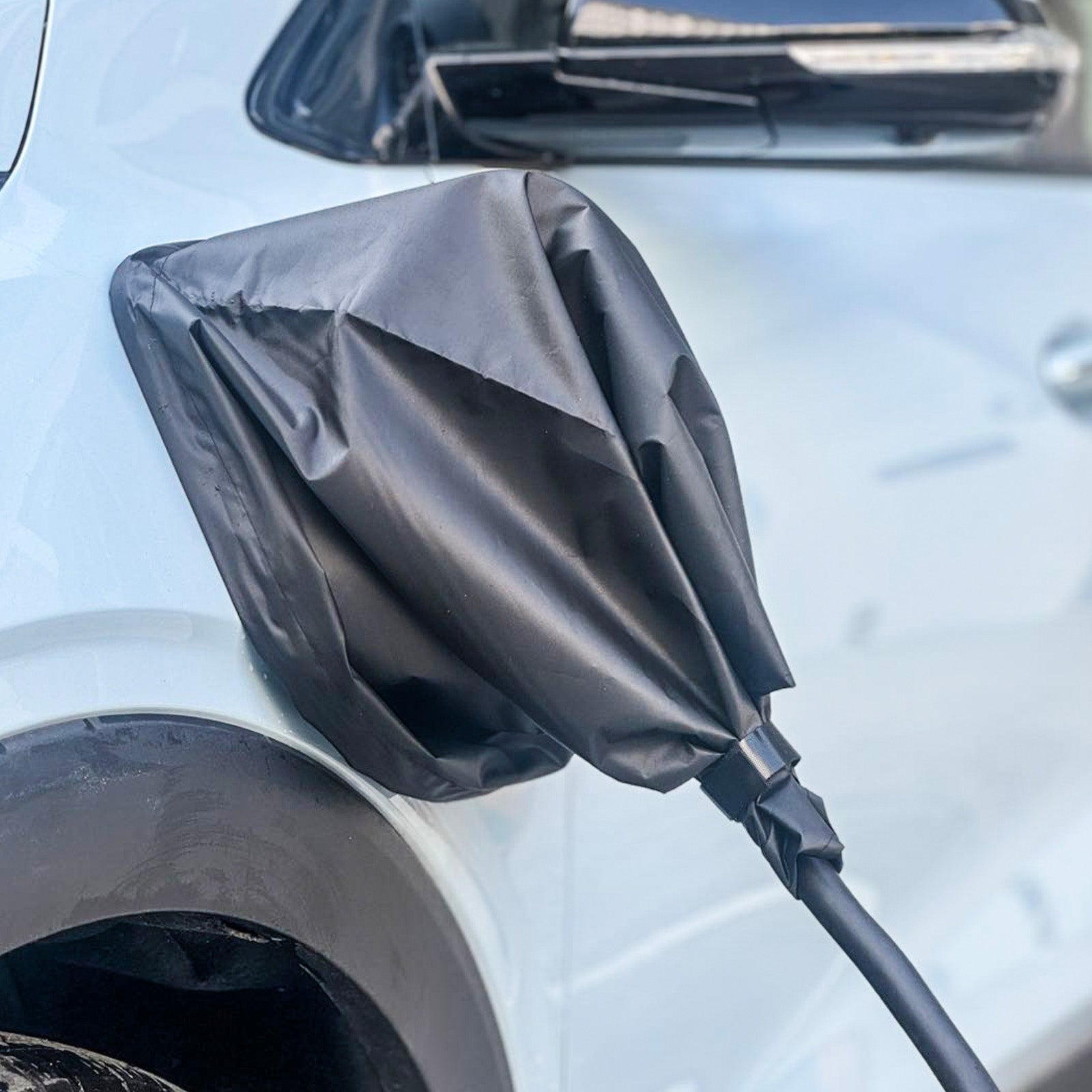
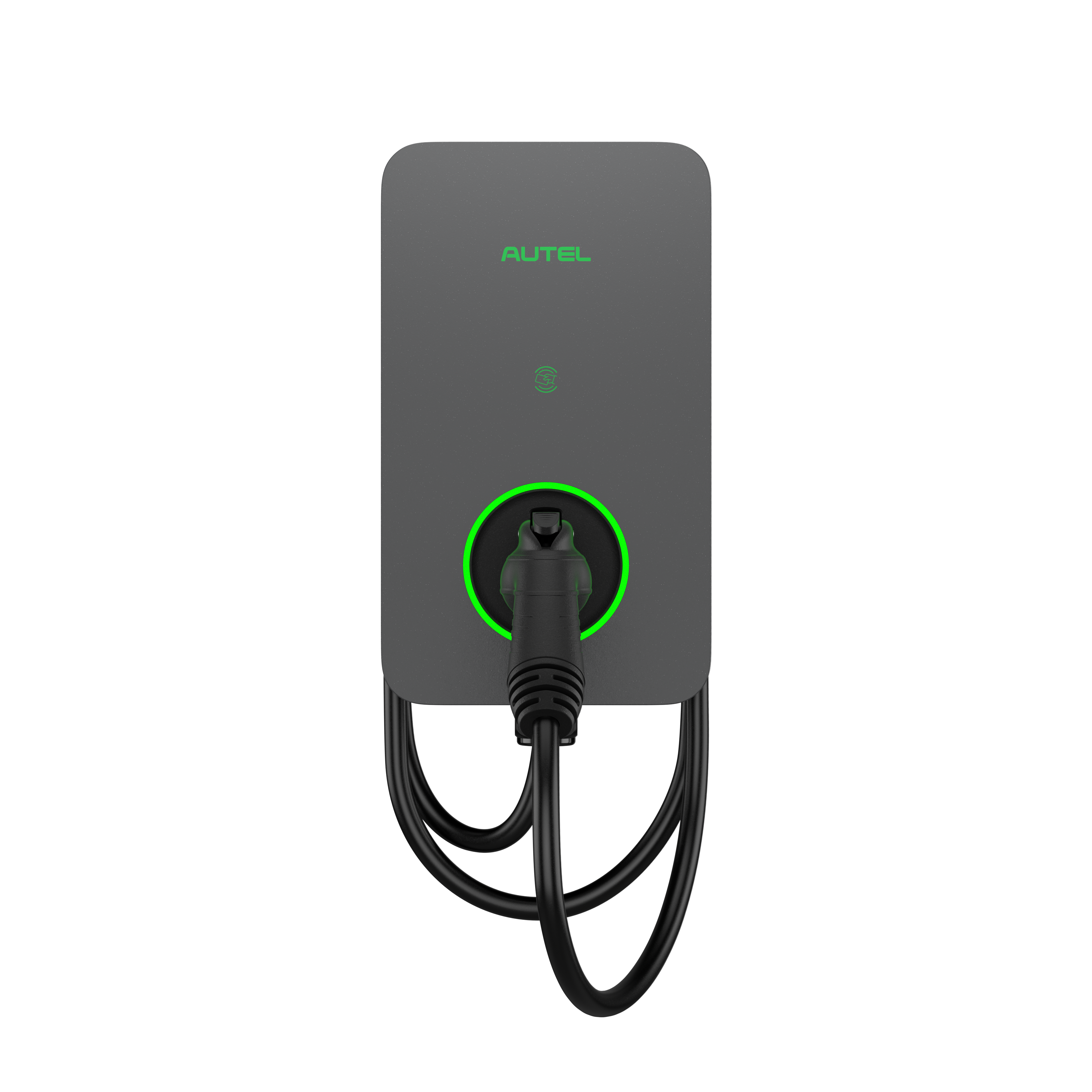
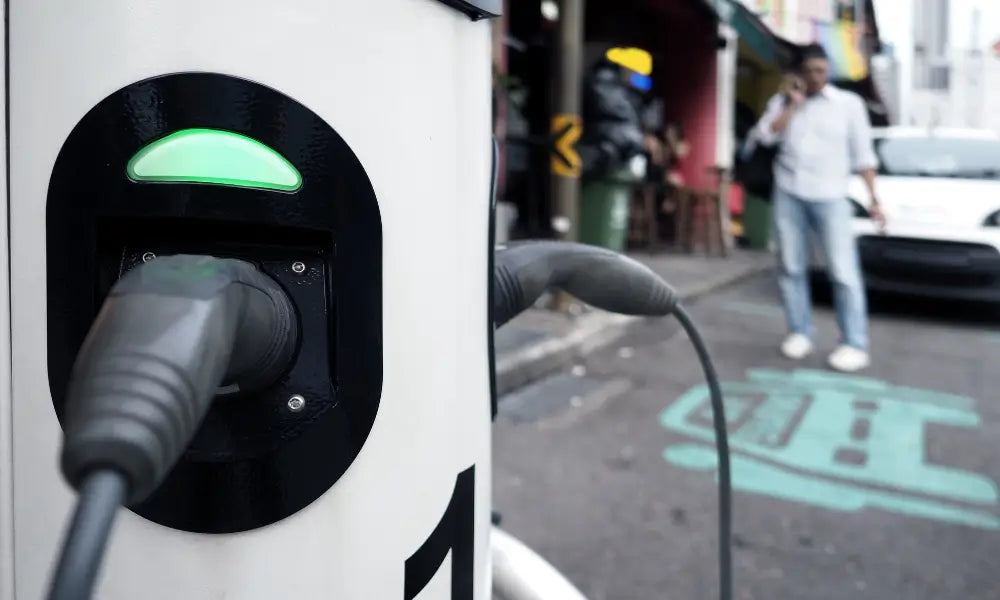
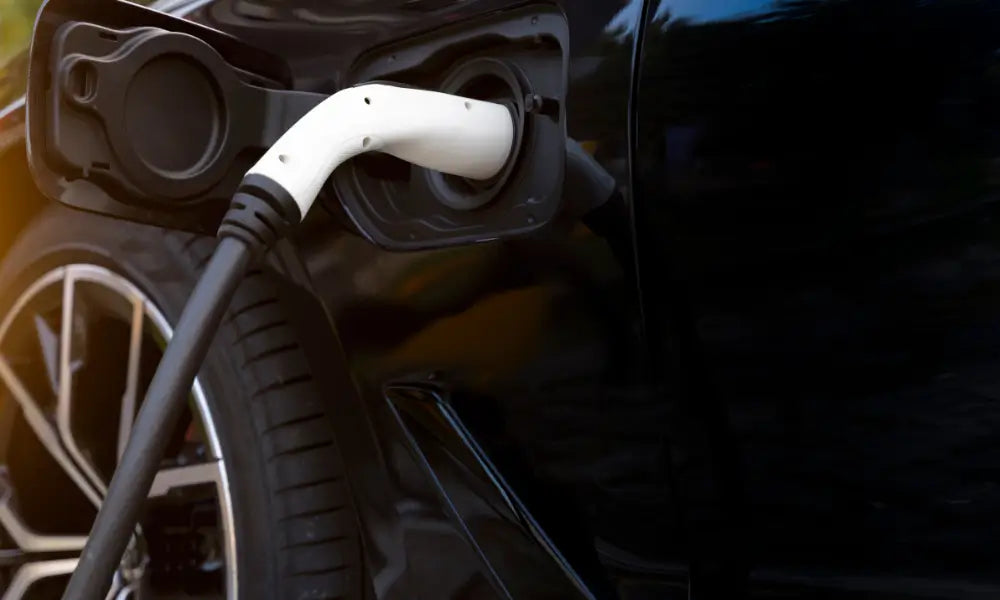
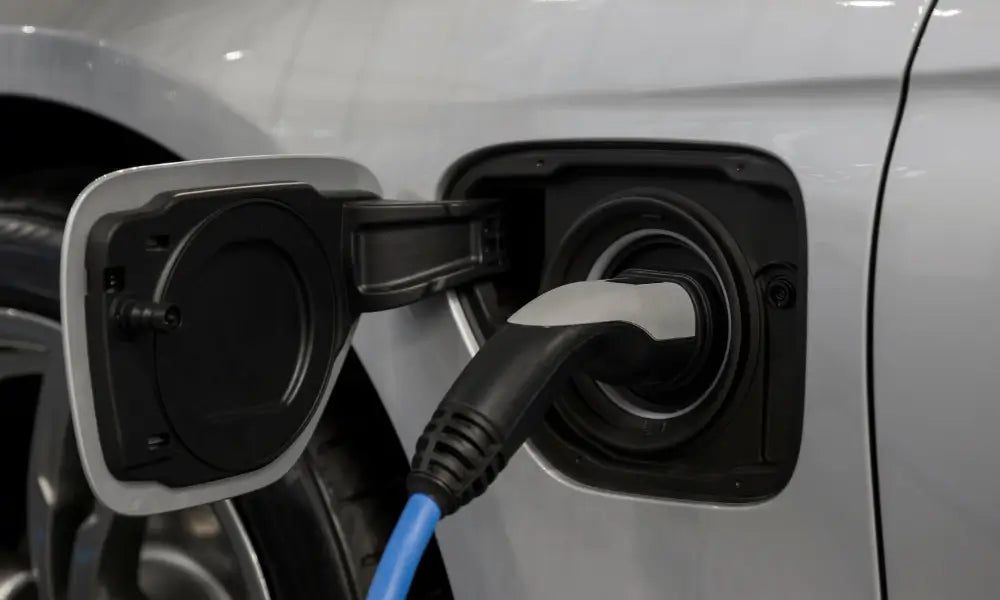
Leave a comment
All comments are moderated before being published.
This site is protected by hCaptcha and the hCaptcha Privacy Policy and Terms of Service apply.